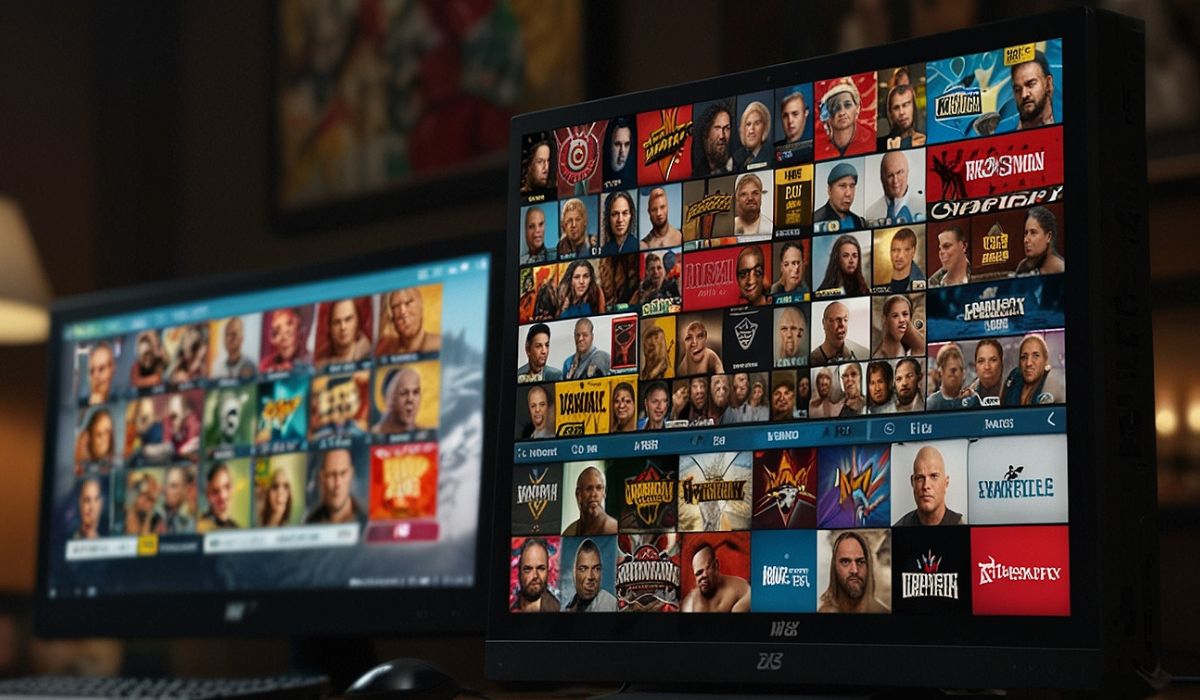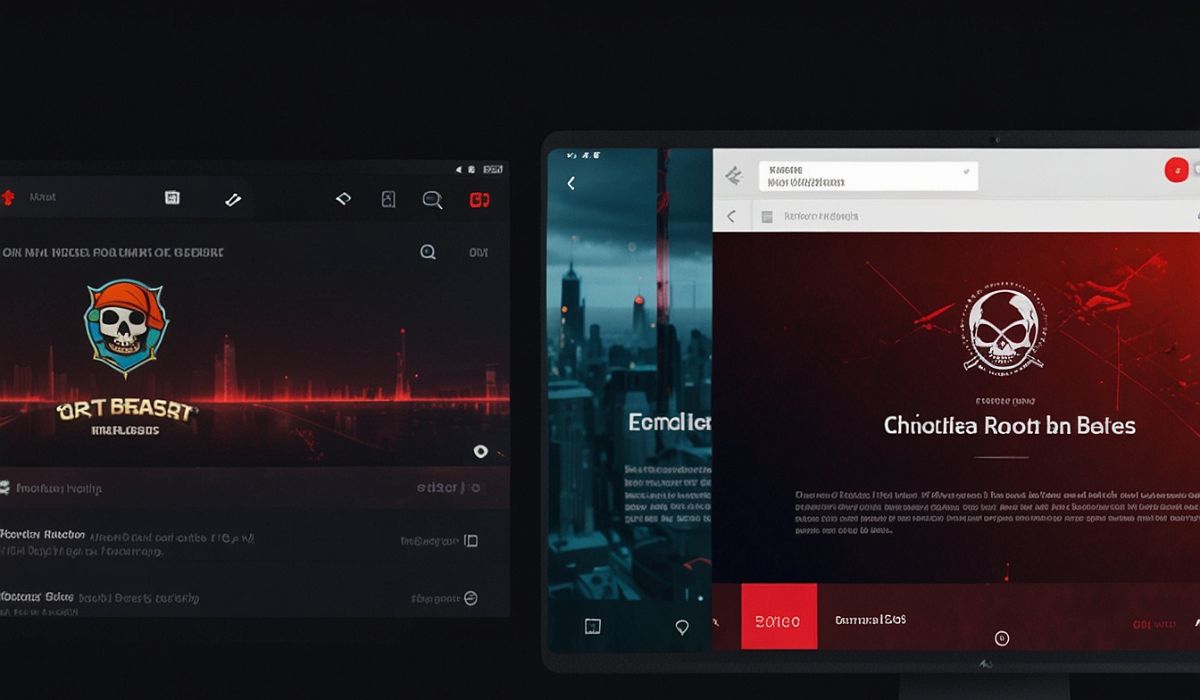You’ve got your pencil poised, your coffee steaming, and the quiet hum of concentration filling the room. You’re tackling the legendary New York Times crossword, feeling pretty good about yourself. Then you hit it: a clue that brings everything to a screeching halt. Today, that clue is “Ditto for us.” You scribble “same” in the margins, but it doesn’t fit. “Us too?” Nope. The grid mocks you. Sound familiar? Don’t worry; this is a classic NYT head-scratcher, and unraveling it is a masterclass in the clever, sometimes sneaky, world of crossword puzzle design.
This isn’t just about finding an answer. It’s about learning the language of crosswords. Think of the puzzle editor as a friendly but mischievous guide, leaving little linguistic breadcrumbs for you to follow. Understanding a clue like “Ditto for us” is your key to unlocking a whole new level of solving prowess.
Decoding the Linguistic Trick: Why “Ditto for us” is a Crossword Favorite
Crossword constructors adore clues that operate on multiple levels. They’re not just testing your vocabulary; they’re testing your ability to think laterally and recognize common phrases from a new angle.
The phrase “ditto for us” is what solvers call a “homophone” clue. The constructor isn’t asking for a synonym for “also.” Instead, they’re asking you to sound out the word “ditto” in the context of the word “us.”
- “Ditto” sounds like “did to.”
- “Us” is the pronoun.
Put them together, and you get “did to us.” But that’s not a common phrase on its own. The magic happens when you realize this is a fragment of a much more famous, well-known saying. The answer isn’t a word; it’s a phrase that completes this sonic puzzle.
The “Aha!” Moment: Unveiling the Answer
So, what’s the famous phrase? The answer to the clue “Ditto for us” is most commonly SO DID WE.
Let’s break it down:
- The clue hints: “They did something to us? Well, ditto for us!” meaning “We did it back!” or “We did the same!”
- “Ditto” (sounding like did to) + “us” = “did to us.”
- The natural response to someone saying “They did it to us” is “Well, so did we!”
This answer fits perfectly into the crossword grid and delivers that satisfying “click” moment that every solver lives for. It’s a brilliant piece of wordplay that takes an everyday expression and turns it into a puzzle.
Beyond the Basics: Other Possibilities
While SO DID WE is the most frequent answer, crosswords are all about context. The specific answer depends on the puzzle’s theme, the number of letters, and the intersecting words you might already have. Another potential answer that works on the same principle is SAME HERE.
- SAME HERE operates more directly as a synonym for “ditto,” making it a slightly less tricky but still perfectly valid solution.
Always let the crossing entries be your guide. If you have a few letters filled in, like “S _ M E H _ _ _ E,” you can confidently pencil in SAME HERE.
Thinking Like a Constructor: Your Key to Future Puzzles
Cracking this clue isn’t a one-off win; it’s a lesson in the crossword constructor’s toolkit. Here are the top strategies they use that you should now be able to spot:
- Homophones: Words that sound like other words (e.g., “ditto” for “did to”).
- Abbreviations & Foreign Words: “Dr.” could be doctor or debtor. “Fr.” could be father, french, or Friday.
- Puns & Double Meanings: A clue like “Tree toad” might actually be about a frog in a tree, but the answer could be PADRE (a play on “pad” for frog’s home and “re” for the musical note, but also the Spanish for father). See? Tricky!
- Fill-in-the-Blank: The clue might be a famous quote with a key word missing. “____ of the Mohicans” obviously leads to LAST.
Read also: The Ultimate Guide to 2025 Artistic Gymnastics Olympics Tickets & Your Olympic Dream Journey
Table: Common Crossword Clue Types and How to Beat Them
| Clue Type | What It Looks Like | How to Solve It | Example Clue | Likely Answer |
| Homophone | Sounds like…; We hear…; Audibly | Say the clue out loud. What does it sound like? | “A fruit that’s heard to be loyal” | LEMON (sounds like “leman,” an old word for sweetheart) |
| Abbreviation | Short Dr.; Fr. article; CA neighbor | Think of all possible meanings for common abbreviations. | “Nevada neighbor” | CAL (abbreviation for California) |
| Double Definition | Two unrelated meanings for the same word. | The word itself has two distinct meanings. | “Press conference?” | IRON (to press clothes + a type of golf club) |
| Hidden Word | Contained in, part of, seen in | The answer is literally hidden inside the clue’s words. | “Snake found in grass roots” | ASP (found in grasp) |
From Frustration to Elation: Joining the Community of Solvers
Getting stumped by a clue like “Ditto for us” is a rite of passage. It connects you to the millions of solvers who have faced the same challenge. This shared struggle is why crossword puzzles, particularly the NYT, have such a devoted following.
- Wordle and Connections have exploded in popularity because they tap into the same desire for a daily mental challenge and a shared cultural moment.
- Online forums and communities are buzzing with people helping each other out, celebrating wins, and lamenting tough puzzles. It’s a wonderfully supportive world.
The next time you’re stuck, remember it’s not a failure. It’s an invitation to think differently. You’re not just learning words; you’re learning a new way to see language.
5 Quick Tips to Conquer Your Next Crossword
- Start with the Easy Clues. Knock out the gimmes first. They provide crucial starting letters for the tougher across and down entries.
- Embrace the Pencil. It’s okay to write lightly. Crossword solving is a process of educated guesses and revisions.
- Think Pop Culture & History. Constructors love references to classic films, famous literature, historical figures, and even modern meme culture.
- Use the Crossings. The intersecting words are your best friends. If you’re unsure about an answer, see if the letters from the crossing word make sense.
- Take a Break. If you’re truly stuck, walk away. Your subconscious will keep working on it, and the answer often appears when you least expect it.
Now that you’re armed with the secret behind “Ditto for us,” you’re ready to tackle the puzzle with renewed confidence. So go on, grab that puzzle, and show it who’s boss.
What was the last crossword clue that totally stumped you? Share your most frustrating (or most satisfying) solve in the comments below!
FAQs
Q1: What is the most common answer to “Ditto for us” in the NYT Crossword?
The most common answer is SO DID WE. It’s a homophone clue where “ditto” sounds like “did to,” leading to the phrase “did to us,” which is naturally responded to with “So did we!”
Q2: Could there be another answer for this clue?
Yes, depending on the number of letters and crossing words, SAME HERE is another perfectly valid answer that means the same thing as “ditto.”
Q3: Why do crossword clues seem so misleading sometimes?
It’s not meant to be misleading but rather clever and playful. Constructors aim to create a satisfying “aha!” moment by using wordplay, puns, and double meanings to challenge a solver’s lateral thinking.
Q4: I’m new to crosswords. Where should I start?
Don’t start with the Saturday NYT puzzle (the hardest of the week)! Begin with Monday puzzles, which are the simplest, and work your way through the week as your skills improve. Many apps and websites offer archives of past puzzles.
Q5: What’s the best way to get better at solving crosswords?
Practice consistently! The more you solve, the more you’ll recognize common clues, abbreviations, and constructor tricks. Don’t be afraid to look up answers you don’t know—it’s a great way to learn for next time.
Q6: Are there any tools or resources to help me?
Absolutely! Sites like Crossword Nexus and Wordplays offer solvers where you can input patterns of known letters. The NYT Crossword app also has a built-in hint system and a community forum for discussion.
Q7: Is it cheating to look up an answer online?
That’s entirely up to you! For some, the joy is in solving it completely unaided. For others, the joy is in learning and completing the puzzle. There’s no wrong way to enjoy a crossword if you’re having fun.
You may also like: That “Aha!” Moment: Cracking the Code on Vault Opener NYT Crossword










